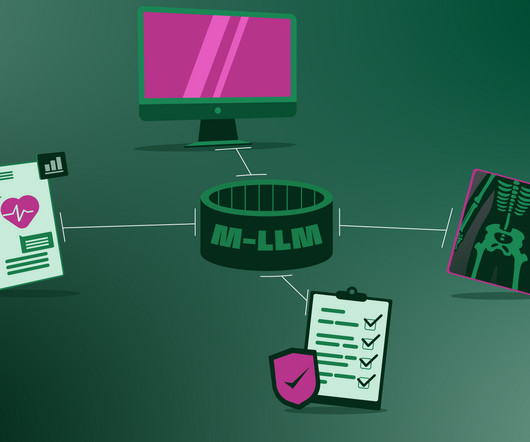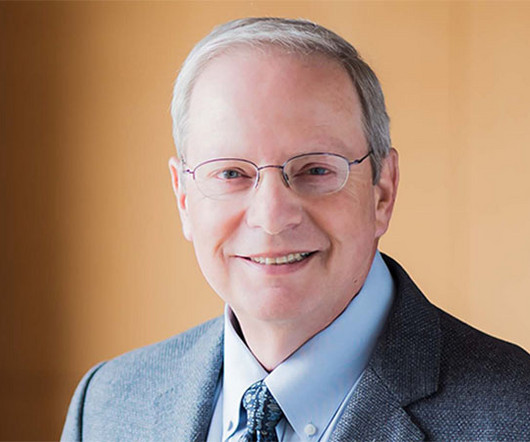The Healthcare Vision of ChatGPT-4o and Multimodal LLMs
The Medical Futurist
JUNE 21, 2025
To diagnose and treat a patient, a healthcare professional listens to the patient, reads their health files, looks at medical images and interprets laboratory results. These systems will considerably reduce the workload of – but not replace- human healthcare professionals.






















Let's personalize your content